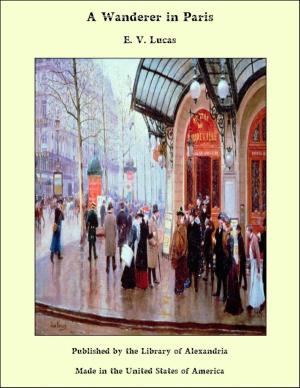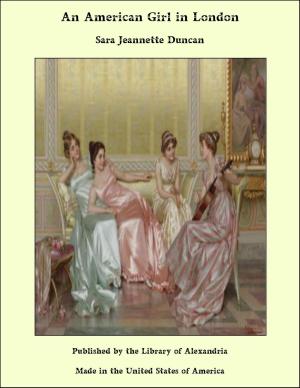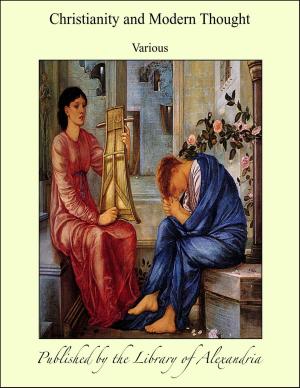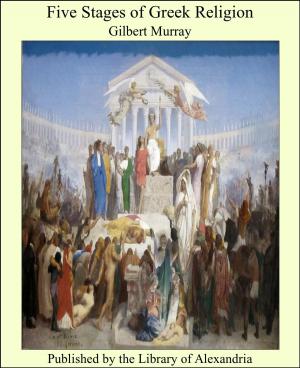| Author: | August Strindberg | ISBN: | 9781465594365 |
| Publisher: | Library of Alexandria | Publication: | March 8, 2015 |
| Imprint: | Language: | English |
| Author: | August Strindberg |
| ISBN: | 9781465594365 |
| Publisher: | Library of Alexandria |
| Publication: | March 8, 2015 |
| Imprint: | |
| Language: | English |
The steamer had passed Flottsund and Domstyrken and the university buildings of Upsala began to appear. "Now begins the real stone-throwing!" exclaimed one of his companions,—an expression borrowed from the street-riots of 1864. The hilarity induced by punch and breakfast abated; one felt that things were now serious and that the battle of life was beginning. No vows of perpetual friendship were made, no promises of helping each other. The young men had awakened from their romantic dreams; they knew that they would part at the gang-way, new interests would scatter the company which the school-room had united; competition would break the bonds which had united them and all else would be forgotten. The "real stone-throwing" was about to begin. John and his friend Fritz hired a room in the Klostergränden. It contained two beds, two tables, two chairs and a cupboard. The rent was 30 kronas[1] a term,—15 kronas each. Their midday meal was brought by the servant for 12 kronas a month,—6 kronas each. For breakfast and supper they had a glass of milk and some bread and butter. That was all. They bought wood in the market,—a small bundle for 4 kronas. John had also received a bottle of petroleum from home as a present, and he could send his washing to Stockholm. He had 80 kronas in his table-drawer with which to meet all the expenses of the term. It was a new and peculiar society into which he now entered, quite unlike any other. It had privileges like the old house of peers and a jurisdiction of its own; but it was a "little Pedlington" and reeked of rusticity. All the professors were country-born; not a single one hailed from Stockholm. The houses and streets were like those of Nyköping. And it was here that the head-quarters of culture had been placed, owing to an inconsistency of the government which certainly regarded Stockholm as answering to that description.
The steamer had passed Flottsund and Domstyrken and the university buildings of Upsala began to appear. "Now begins the real stone-throwing!" exclaimed one of his companions,—an expression borrowed from the street-riots of 1864. The hilarity induced by punch and breakfast abated; one felt that things were now serious and that the battle of life was beginning. No vows of perpetual friendship were made, no promises of helping each other. The young men had awakened from their romantic dreams; they knew that they would part at the gang-way, new interests would scatter the company which the school-room had united; competition would break the bonds which had united them and all else would be forgotten. The "real stone-throwing" was about to begin. John and his friend Fritz hired a room in the Klostergränden. It contained two beds, two tables, two chairs and a cupboard. The rent was 30 kronas[1] a term,—15 kronas each. Their midday meal was brought by the servant for 12 kronas a month,—6 kronas each. For breakfast and supper they had a glass of milk and some bread and butter. That was all. They bought wood in the market,—a small bundle for 4 kronas. John had also received a bottle of petroleum from home as a present, and he could send his washing to Stockholm. He had 80 kronas in his table-drawer with which to meet all the expenses of the term. It was a new and peculiar society into which he now entered, quite unlike any other. It had privileges like the old house of peers and a jurisdiction of its own; but it was a "little Pedlington" and reeked of rusticity. All the professors were country-born; not a single one hailed from Stockholm. The houses and streets were like those of Nyköping. And it was here that the head-quarters of culture had been placed, owing to an inconsistency of the government which certainly regarded Stockholm as answering to that description.















